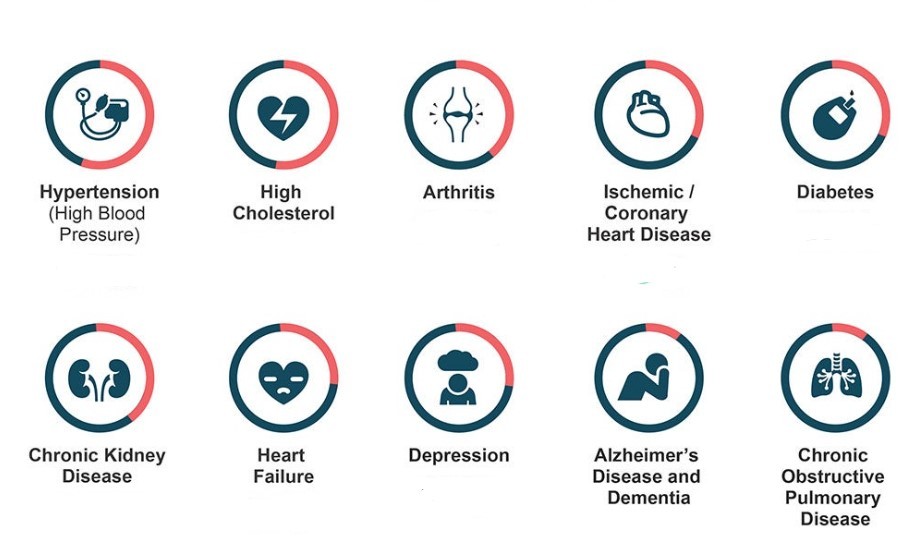05/12/2023
05/12/2023

KUWAIT CITY, Dec 5: Director of the Health Promotion Department in the Ministry of Interior Dr Abeer Al-Bahwa said 4,000 citizens die annually due to chronic diseases, reports Al-Seyassah daily. Al-Bahwa also highlighted the prevalence of physical inactivity among Kuwaiti women at a rate of 90 percent. She said Kuwait is one of the least active countries in the world, revealing that chronic diseases cause the death of about 4,000 Kuwaitis annually, accounting for 72 percent of the total deaths of citizens and about 79 percent of the total deaths in Kuwait. In a statement to the daily on the occasion of the celebration of the International Day of Persons with Disabilities, she revealed that cardiovascular diseases rank first with 41 percent of deaths, followed by cancer with 15 percent, respiratory diseases and diabetes with three percent each.
She indicated that patterns of physical inactivity differ according to gender and social and geographical considerations around the world. She cited the World Health Organization’s report on physical activity in Kuwait for the year 2022 stating “the prevalence of physical inactivity rate among females by 90 percent compared to 79 percent for males for the age group 11 to 17 years, and among adults aged 18 and above, the inactivity rate for females is 75 percent compared to 61 percent for males. She stated that physical inactivity among elderly women in the age group 70 and above reached 85 percent compared to 76 percent for men. She confirmed that the World Health Organization estimated the annual cost of healthcare for patients with chronic noncommunicable diseases in Kuwait at $75,753,263, equivalent to KD 23,350,000, expecting the cumulative cost of healthcare in the country to rise to $833,285,893, equivalent to KD 256,870,000.
She attributed the differences in physical activity between females and males to the conservative social and cultural norms that restrict women’s physical activities in the open air, as well as the lack of sports facilities designated for women. Speaking about the International Day of Persons with Disabilities, which falls on Dec 3 each year; Al-Bahwah highlighted the importance of practicing physical activity for people with disabilities, explaining that it contributes to improving respiratory, cardiovascular, and muscular fitness; improving cardio-metabolic health such as blood pressure, dyslipidemia, sugar and insulin resistance; and improving physical functions in children and adolescents in the age group from five to 17 years.
By Marwa Al-Bahrawi
Al-Seyassah/Arab Times Staff


